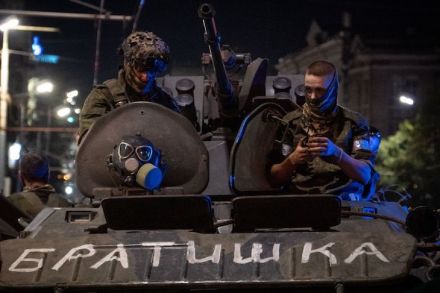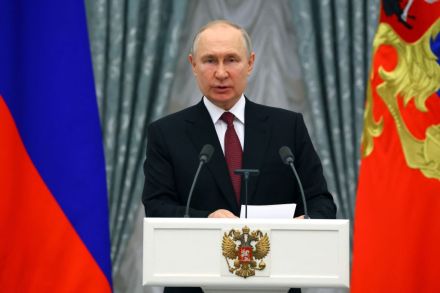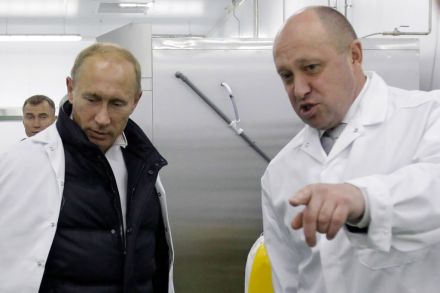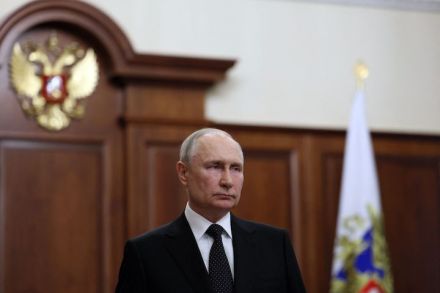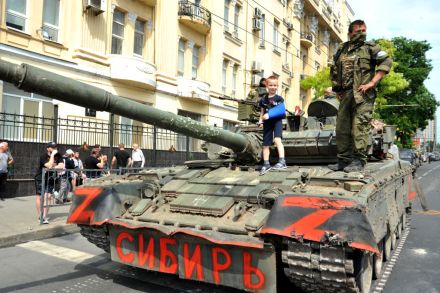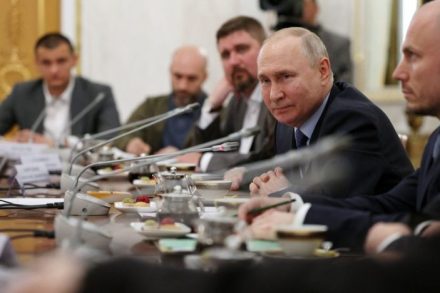After Putin: how nervous should we be?
The brief mutiny by Yevgeny Prigozhin and his Wagner mercenaries represented the most serious shock yet to Vladimir Putin’s 23-year reign. No wonder alarmed western governments are considering nightmare scenarios. Yet the outlook may actually be rather more optimistic. When news of the mutiny broke, there were fears of mass defections to the side of Prigozhin, a man who has sanctioned the murder of prisoners and even suggested that Russia ‘needs to live like North Korea’ to win its war with Ukraine. Rishi Sunak convened a Cobra meeting to consider possibilities apparently including a Russian collapse and nuclear proliferation. The concern is that a serious challenge to Putin risks pushing





